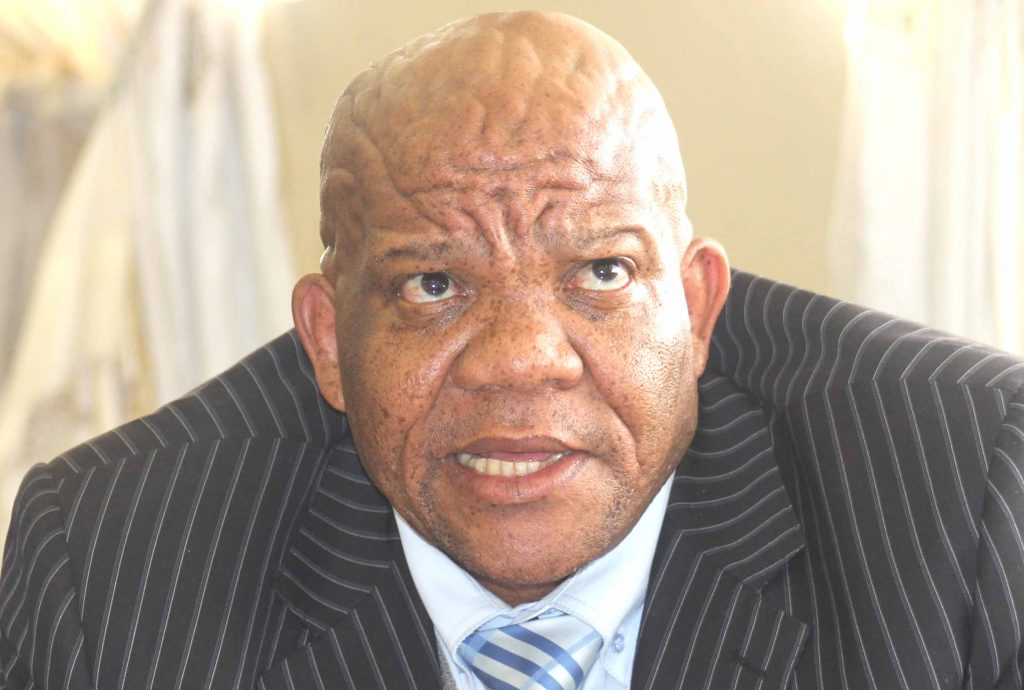
Lehlohonolo Manamolela
This week on the 22nd of March 2017, the world celebrated the International Water Day in the remembrance of the UN Resolution 64/292 which was approved by the General Assembly, on 28 July, 2010 when the body,
- Recognized the right to safe and clean drinking water and sanitation as a human right that is essential for the full enjoyment of life and all human rights;
- Called upon States and international organizations to provide financial resources. capacity -building and technology transfer, through international assistance and cooperation, in particular to developing countries, in order to scale up efforts to provide safe, clean, access and affordable drinking water and sanitation for all.
This UN resolution has basically given birth to two topical issues namely, affordability and accessibility. For me it continues to re-waken the conscious of my responsibility in the Lesotho Water Sector in the last nine months. In so doing, I debate two fundamental questions on a daily basis. Firstly. whether my little efforts are helping my fellow people realize that clean water and sanitation are attainable rights with demanding responsibilities if they are to be fully achieved in our time. The second debate borders around whether citizens appreciate that clean water and working sanitation can best be realized if all take full responsibilities to pay or work hard on them.
I grew up in the Qacha town and at the time I reached my early childhood the Ministry of Interior in the then administration had bucket toilet system and a Water Branch standing tap by our house. Even in today’s standards, I still feel that we were a privileged household because many neighbours drew water from our yard. My instinct always said that the portable bucket toilet was not the right system but I did not know of any alternative for a long time.
At the age of eight, one of my father’s friend’s son died from a disease which I later came to know as Cholera. I remember this good fellow very well. He was a heavily built young man, who at the time would be best be referred to as “Mohlankana ea seng a tiile liphaaka”. I had heard when my father took him to the local hospital the previous day, and I was also informed of his passing away as his infection was at an advanced stage and I never saw this great soul again. His death still haunts me to this day. This is a distinct case of the privileged and the under-privileged.
Lesotho is one of the best places that I appreciate to have grown in. This is because of the vast experience of growing up from the rural formation to a relative urban experience. Today the most depressing factor to me as I go to my countryside is the degradation of the environment. While good rivers still run from the mountains to the towns, this is not the same view as when we grew. This is evidenced in the Kingdom of Lesotho’s 2015 Millennium Development Goals Status Report which refers to Goal 7 poor rating. This is would be crucial in ensuring improved Environmental Sustainability improvement in fighting poverty HIV/AIDS and TB.
In 2015 the focus shifted towards the Sustainable Development Goals (SDGs) and here for the Water Sector is still drawn to the responsibility of ensuring access to clean water and sanitation. This social contract alerts the Water Sector that a major improvement would be realised by the year 2030 and no doubt the Government of Lesotho initiatives are on track. The challenge is the fact that state institution are normally viewed as the obvious pick to blame for poor water services and environmental pollution. In fact to make a change to the have nots, this responsibilities should be extended to include the organised communities both in the parastatals and private sector to also make a difference in making this SGD Goal a success. This would be the same model that was utilised in fighting the HIV/AIDS pandemic by the nations.
Today, many countries such as India, Sri Lanka and Philippines have developed well run joint water harvesting programs water aimed at mitigating climate change. These initiatives range from village setting to the big cities. They are showing success because their citizens’ mindset is not premised on the mentality of “water should be a free good”, rather on the philosophy that the water use must be used sparingly to be afforded to the coming generations.
In conclusion, it is worth sharing that in December, 2016, the World Bank invited many delegates from developing countries of Africa, Asia and South America to Durban-EThekwini’s Municipality practical experience of Decentralised Wastewater Treatment Systems (DEWATS) and Sanitation in Developing Countries. It was here that I learnt that sustainability is the ability to appropriately design, efficiently construct and effectively maintain any form of water use, and re-use without negatively impacting on the environment. For this to succeed it is a responsibility of all the water users at their different levels of access and affordability.
- Manamolela is the Chief Executive at the Water and Sewerage (WASCO) utility. He writes on a personal capacity to add to the International Day of Water celebrations commemorated by World’s Nations on 22 March every year.

